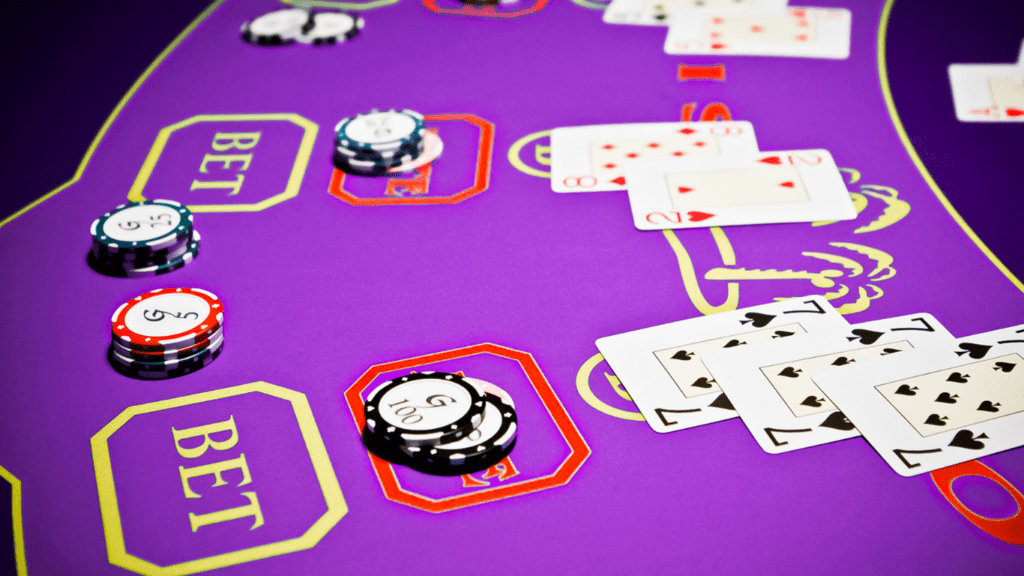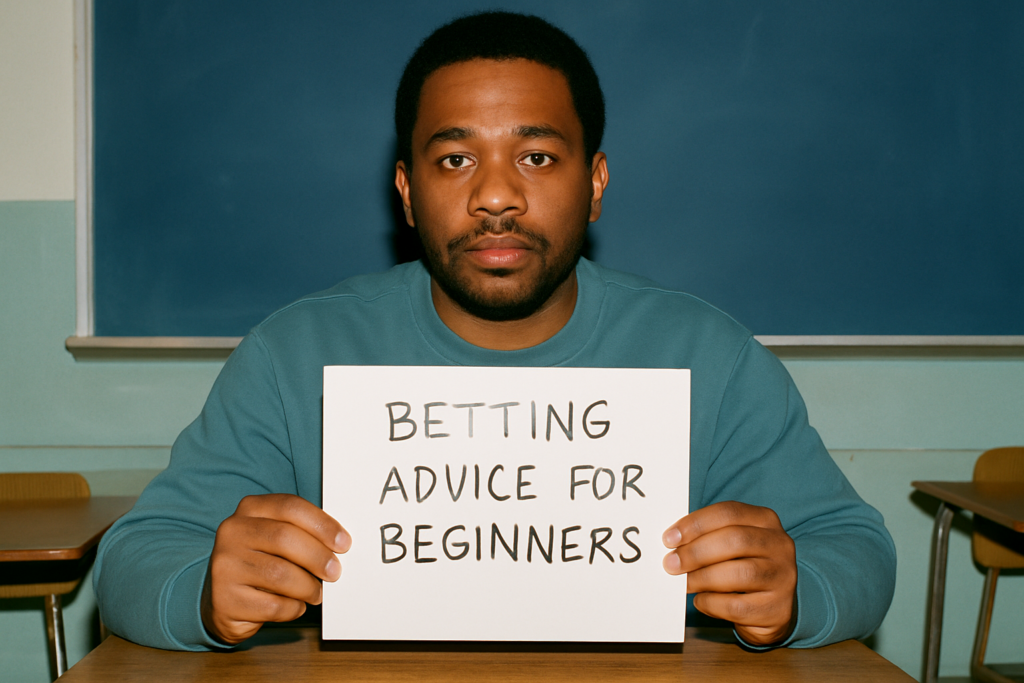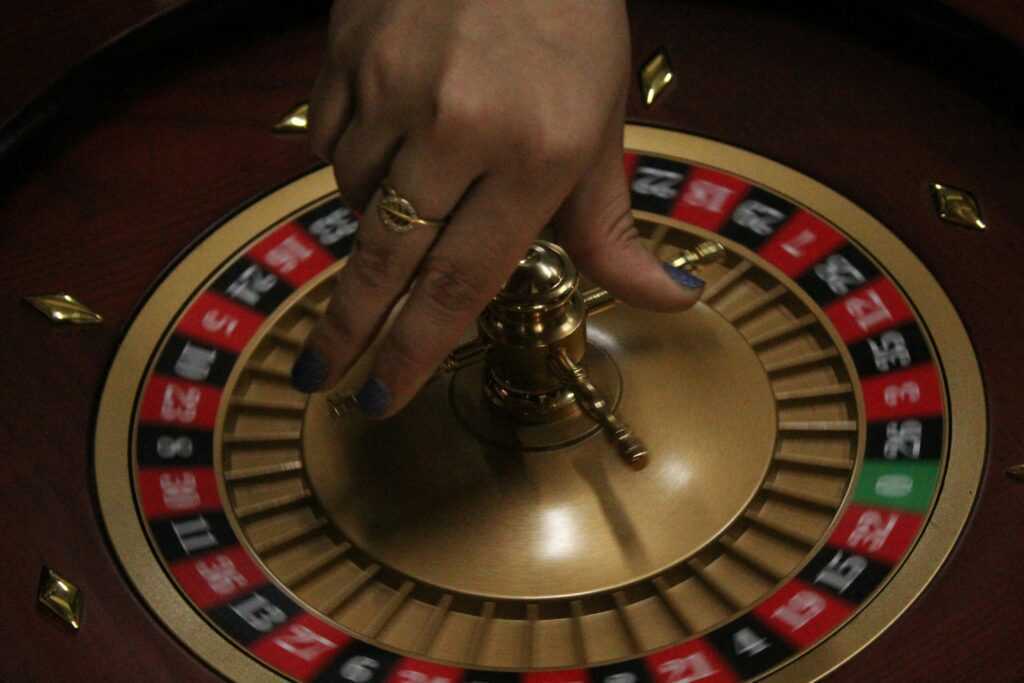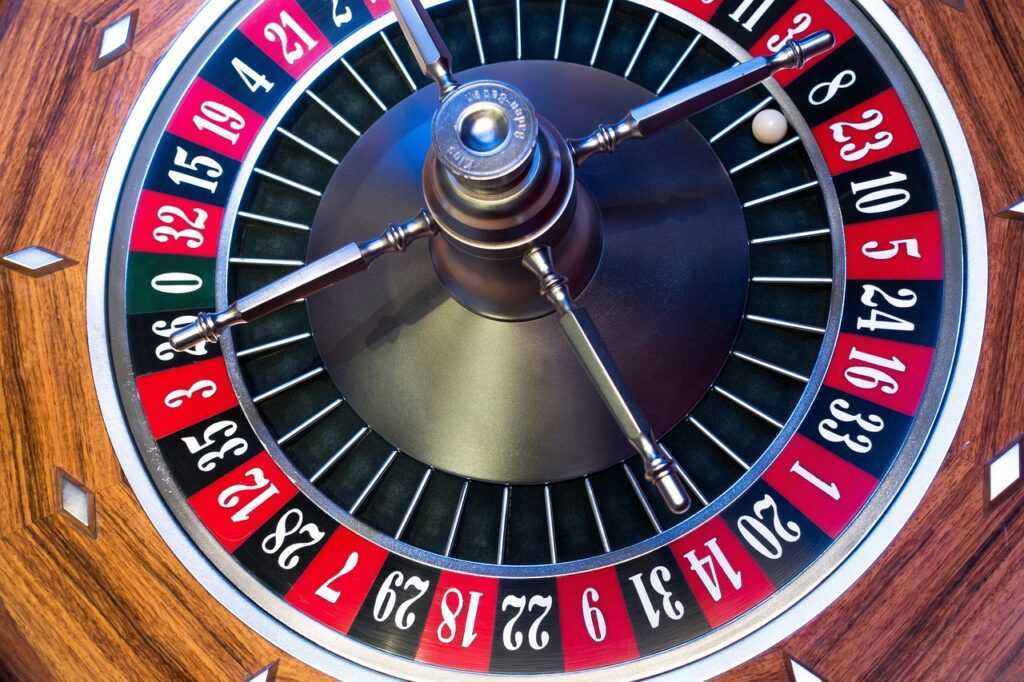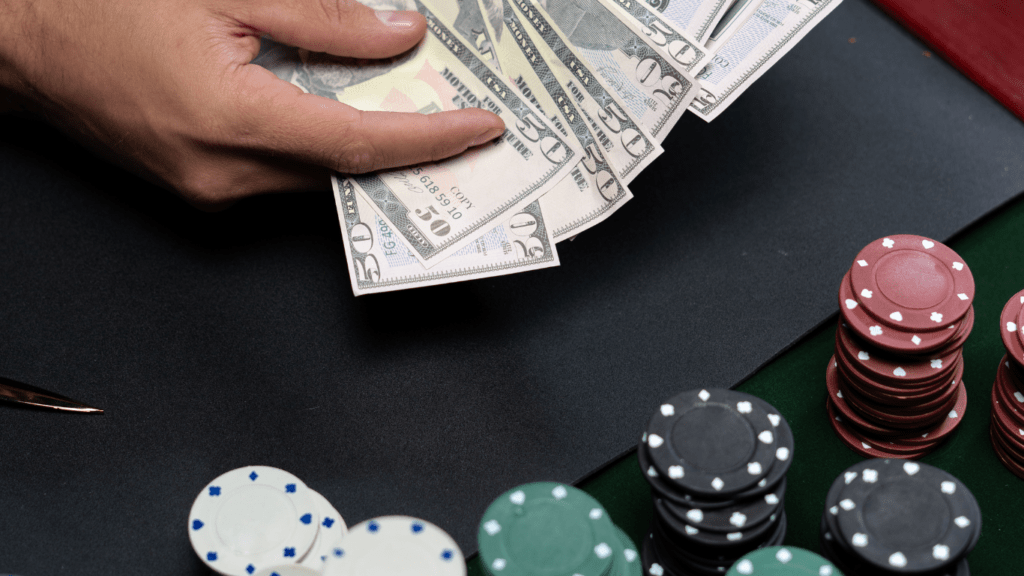Understanding The Basics
Gambling involves risk and reward, hinging largely on calculated decisions. Knowing game rules, betting options, and payout structures provides a competitive edge.
Know the Rules
Understanding each game’s rules is critical. Each game has unique mechanics. For example, blackjack requires knowledge of card values and dealer rules, while poker demands awareness of hand rankings and betting strategies. Without this foundation, losses mount quickly.
Learn Betting Options
Each gambling game offers various betting choices. In roulette, straight bets cover one number, while outside bets like odd/even or red/black cover broader categories. In craps, pass line bets differ significantly from proposition bets. Knowing these options helps make informed decisions.
Analyze Payout Structures
Different games and bets have distinct payout rates. Slot machines might offer 95% payback, meaning for every $100 wagered, the machine returns $95. In contrast, certain sports bets might pay out more, depending on odds. Understanding payout structures reveals which games offer better returns, guiding betting choices.
Manage Bankroll Wisely
Effective bankroll management is key. Set a budget and stick to it. Allocate funds for betting and avoid chasing losses. For instance, if budgeting $200, never exceed it. Responsible bankroll management helps sustain gambling activities longer, reducing financial stress.
Recognize House Edge
Every game has a house edge. Blackjack might have a 0.5%, while American roulette features a 5.26% edge. Recognizing these statistics informs game choices. Prefer games with lower house edges to increase winning chances.
Practice for Perfection
Experiencing games without risking money sharpens skills. Many online platforms offer free versions of popular games. Practicing without financial pressure improves strategy, and when ready, transitioning to real-money games becomes smoother.
Bankroll Management
Effective bankroll management is crucial for sustaining long-term gambling success. It’s essential to plan and handle your funds wisely to maximize your chances and minimize risks.
Setting A Budget
Start by establishing a budget for gambling activities. Determine an amount that fits within your financial means without affecting your essential expenses. Once you’ve set a budget, allocate it to specific sessions or games. For example, decide on weekly limits or separate funds for different casino games. This approach helps maintain discipline and avoids overspending.
Sticking To Limits
Commit to sticking to the predetermined limits. If you reach your budget for a session, stop gambling to prevent significant financial losses. Use self-exclusion tools or set alarms to remind you when it’s time to stop. Additionally, create loss limits and win goals. For instance, if you lose a predetermined amount or hit a profit target, it’s time to call it a day. This strategy ensures you’re not swayed by emotions and protects your bankroll.
Choosing The Right Games

Selecting the right games can significantly impact your gambling success. By understanding which games offer better odds and which have a high house edge, you can make more informed decisions.
Games With Best Odds
Focusing on games with the best odds improves your chances of winning. Blackjack, for instance, offers some of the best odds, with a house edge as low as 0.5% when using optimal strategy. Video poker also has favorable odds; depending on the variation, the house edge can be less than 1%. Craps provides good odds if you stick to basic bets like Pass Line and Come, which offer a house edge of around 1.41%. Even games like Baccarat give players better odds, with the Banker bet having a house edge of about 1.06%.
Avoiding High House Edge Games
Avoiding games with a high house edge safeguards your bankroll. Slot machines, for example, typically have a house edge ranging from 2% to 15%, depending on the game and casino. American Roulette, unlike European Roulette, has a high house edge of 5.26% due to the extra double-zero pocket. Keno is another example of a game with unfavorable odds, often having a house edge between 25% and 29%. By steering clear of high house edge games, you can focus on options that give you a better chance to win.
Strategy And Skill Development
To improve your gambling odds, focus on developing strategies and honing your skills in specific games.
Learning Game Strategies
Study strategies for games you play. For instance, Blackjack involves understanding when to hit, stand, or double down based on your cards and the dealer’s upcard. Video Poker requires knowing which cards to hold or discard to maximize returns. For Craps, understanding the optimal bets can minimize the house edge. Familiarize yourself with these strategic elements, then apply them to enhance your gameplay and increase your winning chances.
Practicing Regularly
Develop proficiency through consistent practice. Use free online versions of games or low-stakes tables to refine your skills. Regular practice helps ingrain game strategies, sharpening decision-making abilities during real-money play. For instance, practice can reveal patterns in Blackjack, refine card-holding decisions in Video Poker, and solidify bet placements in Craps. Dedicate time to practice, and you’ll notice improvements in your game outcomes.
Leveraging Bonuses And Promotions
Bonuses and promotions are powerful tools to improve gambling odds. Knowing how to utilize these can significantly boost your chances and extend gameplay.
Utilizing Sign-Up Bonuses
Sign-up bonuses are a common incentive for new players. Casinos offer these bonuses to attract new customers and often match your initial deposit within a certain percentage. For instance, a casino might offer a 100% match-up bonus on your first deposit up to $500. This effectively doubles your bankroll, giving you more opportunity to play and win without additional out-of-pocket expenses. Always read the terms and conditions to understand wagering requirements and eligibility.
Taking Advantage Of Loyalty Programs
Loyalty programs reward consistent players with various benefits. Casinos typically provide points for each wager, which can be redeemed for cash, free spins, or other perks. For example, accumulating points might unlock access to exclusive tournaments or higher-tier rewards like cashback offers and personal account managers. Check the program levels and structure to maximize the benefits you can receive. Loyal players often find these programs enhance their gaming experience and extend their gameplay.
Responsible Gambling
Responsible gambling involves maintaining a balance between having fun and avoiding risky behaviors that can lead to addiction.
Recognizing Problem Gambling
- Problem gambling manifests in several ways.
- Signs include betting more money than one can afford, feeling compelled to gamble, and experiencing distress when not gambling.
- Financial issues, neglected responsibilities, and strained relationships also indicate a gambling problem.
- If I notice increased secrecy about gambling activities, it might be a red flag.
Seeking Help When Needed
Overcoming problem gambling is possible with professional help. Resources such as:
- counseling services
- support groups
- hotlines offer support
- guidance
Websites like Gamblers Anonymous provide valuable tools for individuals struggling with gambling addiction. If I feel overwhelmed, seeking help is a positive and essential step.

